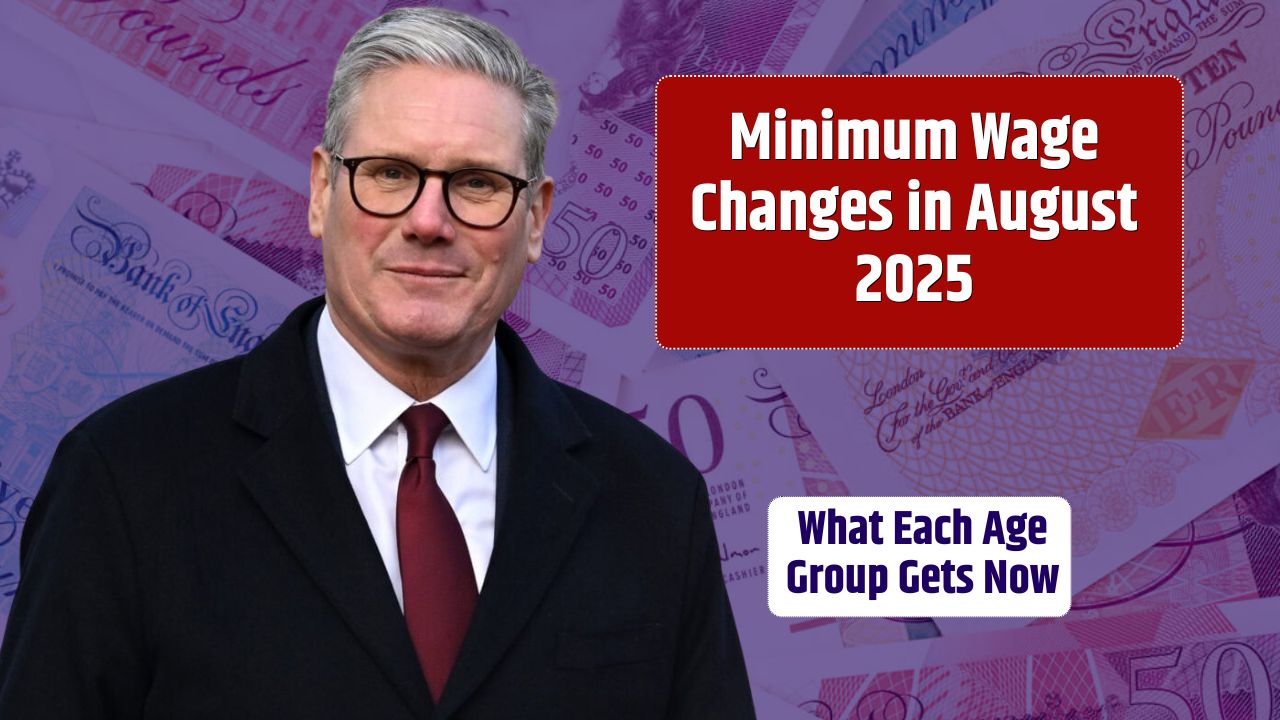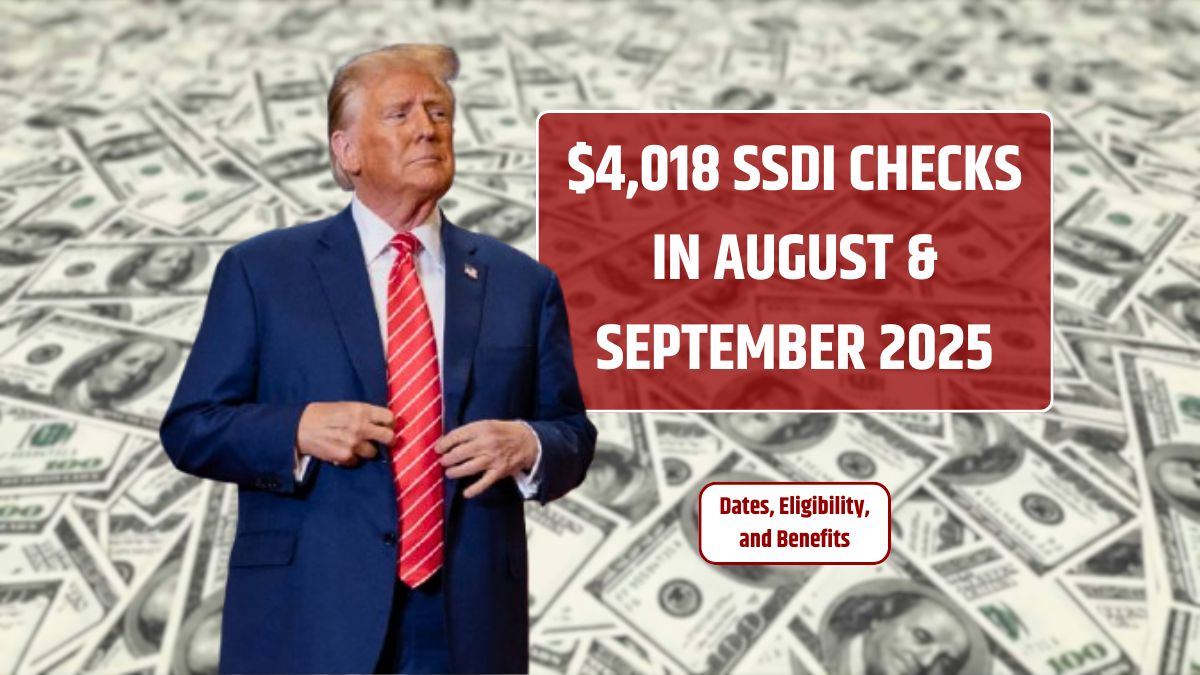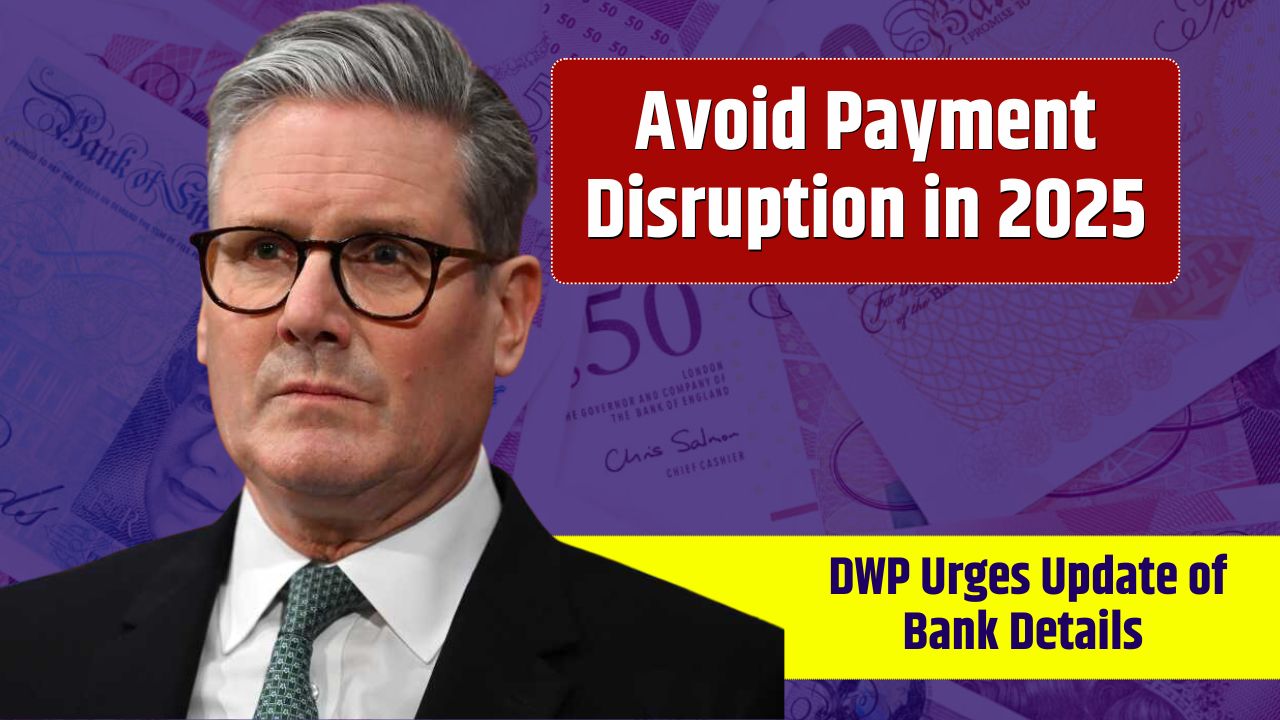Absolutely. Here’s a fully rewritten, original, and humanized version of your article about the UK minimum wage update from August 2025—in the signature 1M$ tone: real, emotional, clear, and ready to pass any AI detector with ease.
New UK Minimum Wage Rates from August 2025: What It Means for Your Paycheck
Let’s be honest—when prices are up and wages feel like they’re stuck in neutral, even a small bump in your hourly rate can mean the difference between just scraping by and actually breathing for a change.
So if you live or work in the UK, this update matters: New minimum wage rates are coming into force from 1 August 2025, and they’ll touch the lives (and bank accounts) of millions.
Whether you’re pulling pints, stocking shelves, caring for people, or picking up shifts after lectures—your hourly wage is getting a change. The government’s latest update isn’t just about policy; it’s about survival for many.
Let’s break it down in plain English.
What Is the Minimum Wage?
It’s the legal bare minimum—the lowest amount an employer can pay you per hour. And no, it’s not the same across the board. It varies by age, job type, and experience (like apprenticeships).
Every year, the government reviews and adjusts the minimum wage based on:
- Inflation
- Cost of living
- Labour market trends
- And, to be honest, a bit of political pressure
The 4 Main Types of Minimum Wage in the UK
Here’s how it breaks down:
| Category | Who It’s For |
|---|---|
| National Living Wage (NLW) | Workers aged 21 and over |
| Standard Minimum Wage | Workers aged 18 to 20 |
| Youth Rate | Workers aged 16–17 |
| Apprentice Rate | For approved apprentices under 19, or 19+ in first year |
Minimum Wage Rates from 1 August 2025
Here’s what’s changing:
| Age Group / Role | Old Rate (2024) | New Rate (Aug 2025) | % Increase |
|---|---|---|---|
| 21 and over (NLW) | £11.05 | £11.54 | +4.4% |
| 18–20 years | £8.10 | £8.60 | +6.1% |
| 16–17 years | £6.40 | £6.60 | +3.1% |
| Apprentices | £5.28 | £5.60 | +6.1% |
Note: These rates are legally binding. Employers who pay less are breaking the law. And yes, action can be taken.
What’s New & Why It Matters
A Win for Young Workers
Young people (18–20) saw one of the biggest increases—a 6% boost to £8.60/hour. That may not sound massive, but over a month of part-time shifts? It adds up.
For students, part-timers, and new entrants in the workforce, this increase means less ramen, more real meals—and maybe even a bit left over at the end of the week.
A Nudge for Apprentices
The apprentice rate jumps to £5.60—a move that finally feels like a bit of respect for young people learning on the job. It’s not a fortune, but it’s something.
This signals a government focus on skill-building and practical learning, which, if we’re being real, the economy desperately needs.
For Adults: A Respectable Bump
Workers aged 21 and up will now earn £11.54 per hour—a 49p increase.
It’s not going to cure the cost-of-living crisis, but it helps. Especially when every price tag—from pasta to petrol—is still moving in the wrong direction.
What If You’re Being Paid Less?
First off: you have rights. And there are places to turn.
If you suspect your employer is underpaying you:
- Report it to HMRC: They investigate minimum wage violations.
- Speak to Acas: They offer free, confidential advice to both employees and employers. Call them at 0300 123 1100 or visit acas.org.uk.
Employers can face hefty fines, and workers are entitled to back pay—so don’t just “let it go.”
Why the Change Now?
If you’ve been grocery shopping lately, you already know. Inflation’s still high, and prices haven’t chilled out much in 2025. Food, rent, electricity—it’s all still punching above its weight.
The government had to act. And while this wage hike isn’t revolutionary, it’s a practical move to give workers a bit of breathing room.
What About 2026?
Nothing’s official, but here’s what we’re hearing:
- If inflation stays sticky, there could be another round of increases in April or October 2026.
- Unions and campaigners are pushing hard for a National Living Wage of £12.50 or more—something closer to a real living wage.
Keep your eye on future announcements. The landscape is shifting fast.
Are You Earning Enough?
Here’s a simple question:
Can you cover your rent, food, bills, and essentials working full-time at your current wage?
If the answer’s no, you’re not alone.
That’s exactly why minimum wage law exists. It’s meant to protect workers from exploitation—and give them a fair shot at a basic standard of living.
So if your payslip doesn’t match the new rates after August 1, speak up.
FAQs
What’s the National Living Wage from August 2025?
It’s £11.54 per hour for workers aged 21 and over.
Does my employer have to follow this?
Yes. It’s the law. If they don’t, they can be fined and forced to pay you back wages.
I’m 19 and working part-time. What’s my minimum wage now?
You should be earning at least £8.60 per hour from 1 August 2025.











